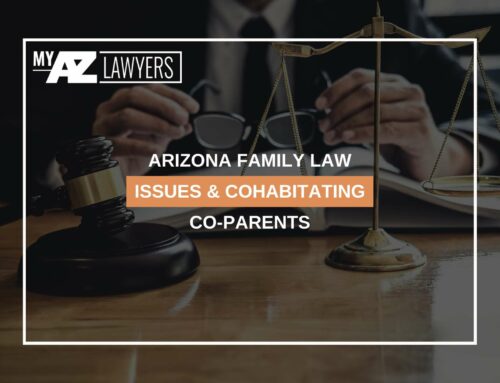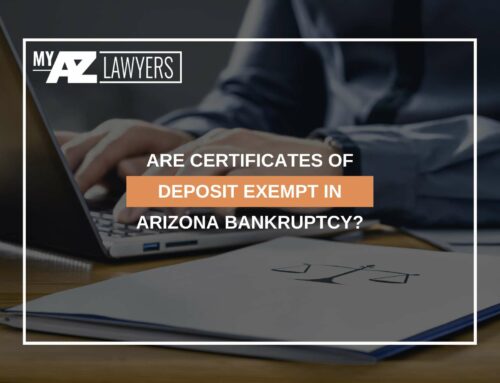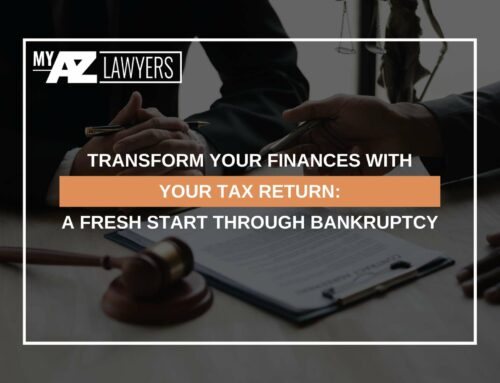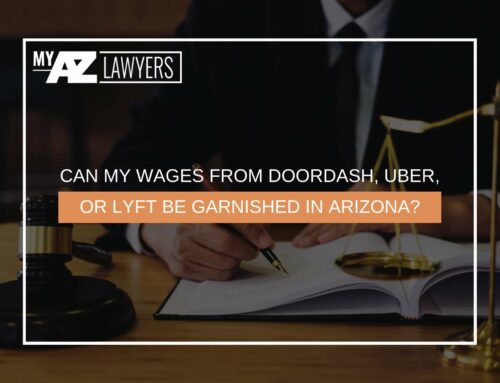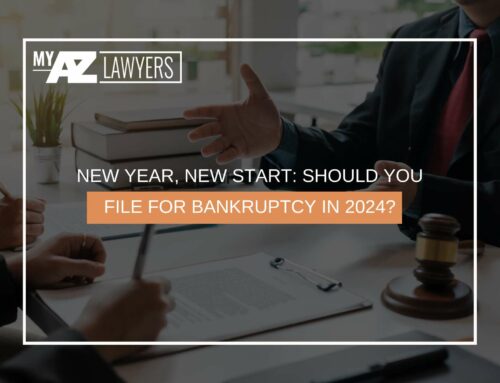Bankruptcy Guide: What Can YOU Discharge on Your Bankruptcy?
Bankruptcy offers an excellent way to get debt relief for many. In some cases, it allows you to get rid of debts completely, and in some cases, it allows you to refinance your debts under one repayment plan that will pay off all or most of your debts in a three- to five-year time frame. Exactly what you can discharge depends on what kind of bankruptcy you file and the specific circumstances of your case.
You will be able to discharge most of your debts in a Chapter 7 bankruptcy filing, if you are able to qualify for it. To qualify for Chapter 7 bankruptcy, you need to meet guidelines for income and more. Some of your debts will be exempt from the filing, such as your student loans, and you may be able to keep some assets if you don’t have too much equity in them, such as your house or car. Here are some of the other debts you can discharge in a Chapter 7 bankruptcy filing:
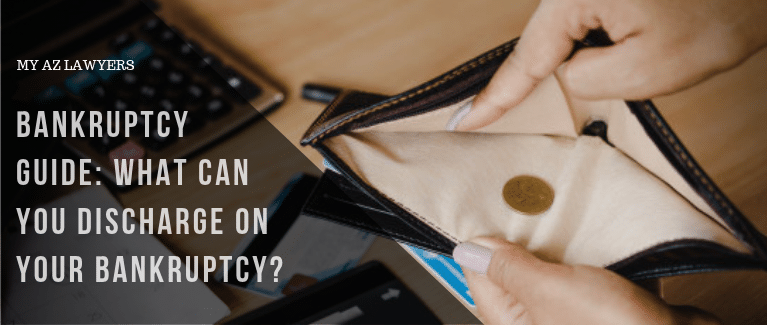
Credit Cards
Credit card debt is the most common type of debt discharged in a Chapter 7 bankruptcy filing. Credit card debt is unsecured debt, which means that is it not backed by any collateral, such as real estate or other personal property. Credit card companies can use legal bill collection methods to fulfill this debt, but they cannot go after your personal property.
If you file Chapter 7 bankruptcy, you can discharge all of your credit card debt, no matter how much it is. If you file Chapter 13, you will pay toward your debt through the term of the repayment plan. Any remaining debt at the end of the plan can be discharged.
Personal Loans
Personal loans are also often unsecured. Payday loans and bank loans are usually offered on the basis of your income or your credit. Even if you get a loan with collateral, such as a pawn loan or title loan, the company can still come after you for what’s owed after the collateral is sold. There can still be a lot left over with the excessive interest and penalties that accompany these loans.
Chapter 7 bankruptcy can discharge these debts entirely. As with credit card debt, any amount remaining from these loans under a Chapter 13 filing may also be discharged after the repayment period is over.
Medical Bills
Medical bills can add up quickly. In fact, they are often the thing that pushes many people into filing for bankruptcy. You can have one surgery and end up hundreds of thousands of dollars in debt. Other people get cancer and lose their homes. Or they have a heart attack and lose their savings.
So long as you don’t have assets that fall outside the exemptions, you should be able to discharge all of your medical debt with a Chapter 7 bankruptcy filing.
Home Loan
Most people want to keep their homes when they file for bankruptcy, and doing so requires continuing to pay the mortgage. However, if you don’t want to keep your home, you can declare Chapter 7 bankruptcy and let the bank take the house. The bank will sell it and get back what it can of the debt, and the rest will be discharged in the bankruptcy.
Car Loan
A car is like a home. It is a secured debt backed by the property being financed, in this case the vehicle itself. If you don’t mind losing your vehicle, you can declare bankruptcy and let the financing company reclaim it. The remaining debt will be discharged under the bankruptcy.
In some cases, losing property and starting from scratch is preferable to struggling to pay a mortgage payment or car payment you can no longer afford. Even if you want to keep those assets, filing for bankruptcy can get you out from under the weight of other debts, such as credit cards, personal loans, and medical bills. If you file for Chapter 13 bankruptcy, you can get a more manageable repayment plan and possibly discharge a portion of your debts. You’ll need to talk to a bankruptcy attorney to find out what’s possible for you.
The bankruptcy attorneys at My AZ Lawyers can help you understand which bankruptcy filing might be the best option for you. They will review the guidelines for each with you, and help you understand how each might benefit you. Our goal is to help you get the debt relief you need as quickly as possible with as few drawbacks as possible. Call us in Arizona today to talk with an experienced bankruptcy lawyer about your options for debt relief.
Published By:
Mesa Location:
1731 West Baseline Rd., Suite #100
Mesa, AZ 85202
Office: (480) 448-9800
Glendale Location:
20325 N 51st Avenue Suite #134, Building 5
Glendale, AZ 85308
Office: (602) 509-0955
Tucson Location:
2 East Congress St., Suite #900-6A
Tucson, AZ 85701
Office: (520) 441-1450
Avondale Location:
12725 W. Indian School Rd., Ste E, #101
Avondale, AZ 85392
Office: (623) 399-4222

